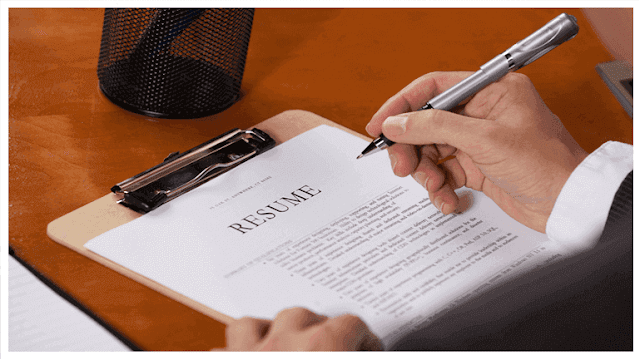How to write professional resume for construction and engineering jobs in Canada
Highlighted the financial benefit of writing a unique, results-focused resume that sells your potential. This post will focus on how to write a resume in the best format, to help you win construction and engineering jobs in Canada.
Other career-changing benefits to perfecting your resume include understanding your true value to any employer, winning interviews for dream roles, and leap-frogging your way up the career ladder.
Your resume is a sales document. Your future employer looks at your resume and decides from this document whether to take further interest and meet with you. Does your resume accurately reflect who you are as a professional? so make it your best one!
What's resume for construction and engineering jobs in Canada?
The sole objective for a resume is winning an interview. Allocating some time to chat with a potential employer, hiring for construction and engineering jobs in Canada, is the goal :
• By demonstrating how you have added value to previous employers, your aim is that a future employer will give you the opportunity to engage further. “Doing your job” and “being involved in projects” does not attract interviews. Ensure you stand out from the crowd.
• You typically have less than 30 seconds to impress initially in the interview so must have the challenge . This makes presentation, brevity and formatting critical.
• Must be expected to follow the Canadian resume format via these Your resume format must contain :
- Personal Information.
- Professional Summary.
- Work Experience.
- Education / professional development.
• Where appropriate, you may also add these :
- Technical skills.
- Volunteer experience / community involvement.
• General pointers for your resume, that always list your ideal/target job title up top to set the tone. If you’re applying for construction and engineering jobs in Canada, then this title should reflect a specific role in this sector. Research the best role to list , as it will depend on the circumstances.
• Use a professional resume template and make it enjoyable to read. If you are bored writing it, then the reader will be bored reading it. Sell yourself to potential employers for construction and engineering jobs in Canada by confidently communicating the good things you have achieved.
• Avoid long paragraphs. Use bullet points with 2-3 sentences maximum per bullet, and avoid small fonts (use size 11 at a minimum). Brevity!
• Do not use the first person. Avoid the use of “I”! (e.g. “I am technically competent”, “I worked at XYZ”). Use short sentences (e.g. “Worked at XYZ”, “Technically competent…”), and your resume should be a maximum of 2-3 pages. Two pages is usually sufficient, however if you have a long and impressive career history, then three pages can be justified. Use a separate Project List document if you have a long list of projects that you would like to present.
• Don’t waste valuable space. Only list relevant experience. It’s recommended to fill gaps, but focus on transferable skills only when highlighting irrelevant work experience, and convert all terms to the North American equivalent. For example, use terms like “high school”, “GPA” (Grade Point Average — the equivalent for university grades), “internship”, etc.
• For the personal information.! Do not list your date of birth, gender, full postal address, marital status, etc.
• List your location (e.g. Vancouver, B.C. | Toronto, Ontario), telephone number and email address all on the same line of your header. This will save space, with adding your LinkedIn profile URL is completely optional. It’s almost a given that an employer will search for you on LinkedIn. If you do decide to add it, customize your URL so that it has a clear appearance.
• Provide a professional summary ! This is the most important part of your resume. If you can describe yourself well in three or four sentences (10 seconds) then you set the tone for the remainder of your resume. The reader should be able to understand who you are from this paragraph alone so keep it high-level and focus .
Use this : .
- Your personality and strengths (“technically astute”, “personable”, “strong leader”, “team player”, etc).
- Years of relevant experience / areas of the industry (contractor / consultant / owner).
- Roles held to date, i.e. how your career has progressed.
- Type of projects worked on (list the $ range) e.g. commercial buildings, infrastructure.
Education.
- Career objectives – what are your goals for the next 2-3 years?
• Ensure you cover all these topics. Your future employer should have a high-level snapshot of your skills and experience before they read any further detail. Think of the Professional Summary as the micro resume where you summarize the document with one concise paragraph.
• Avoid generic comments (e.g. “honest and hardworking professional”). Give the reader a true insight into your strengths and objectives. These should be unique to you, and not things that anyone can write on their resume.
















0 Comments